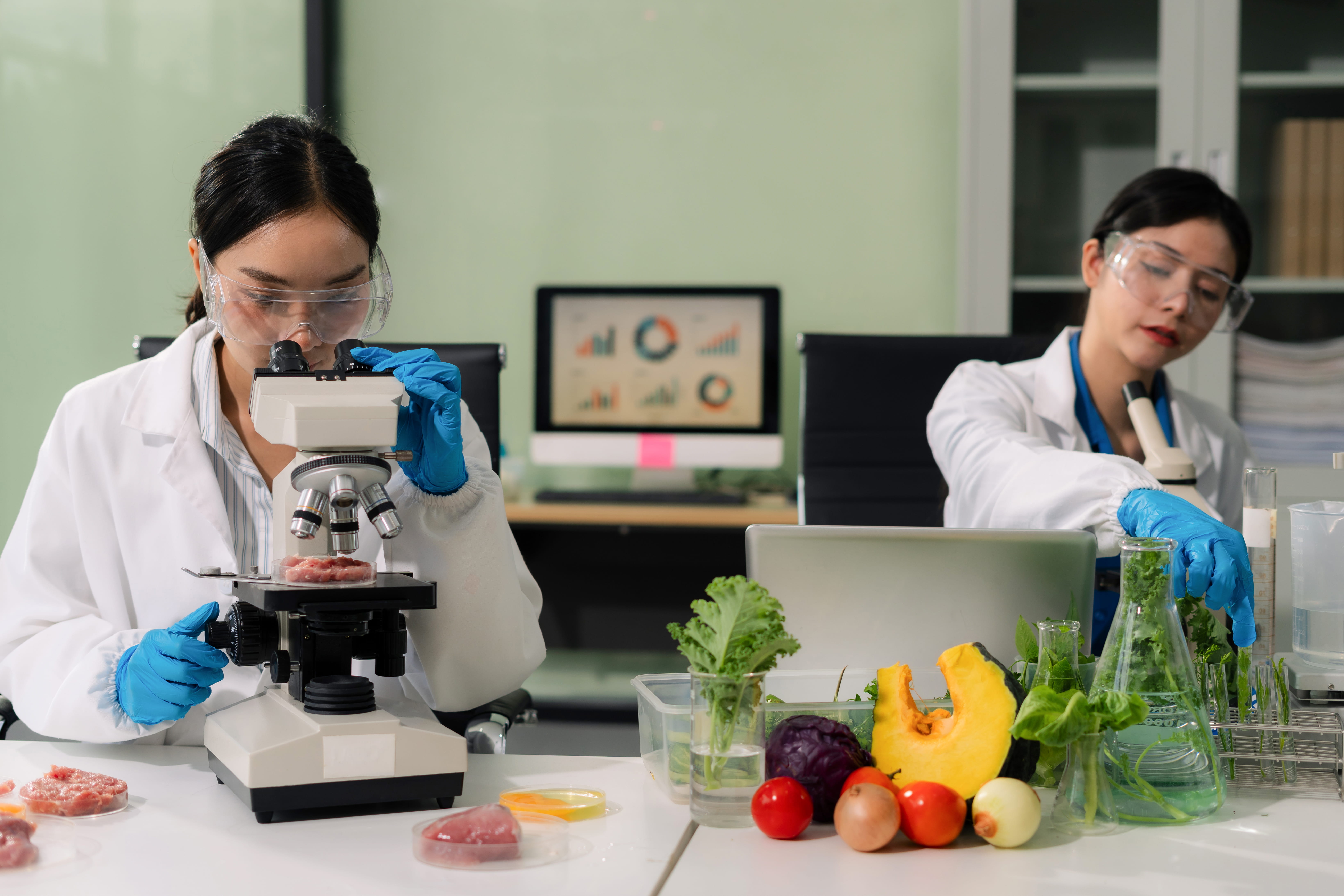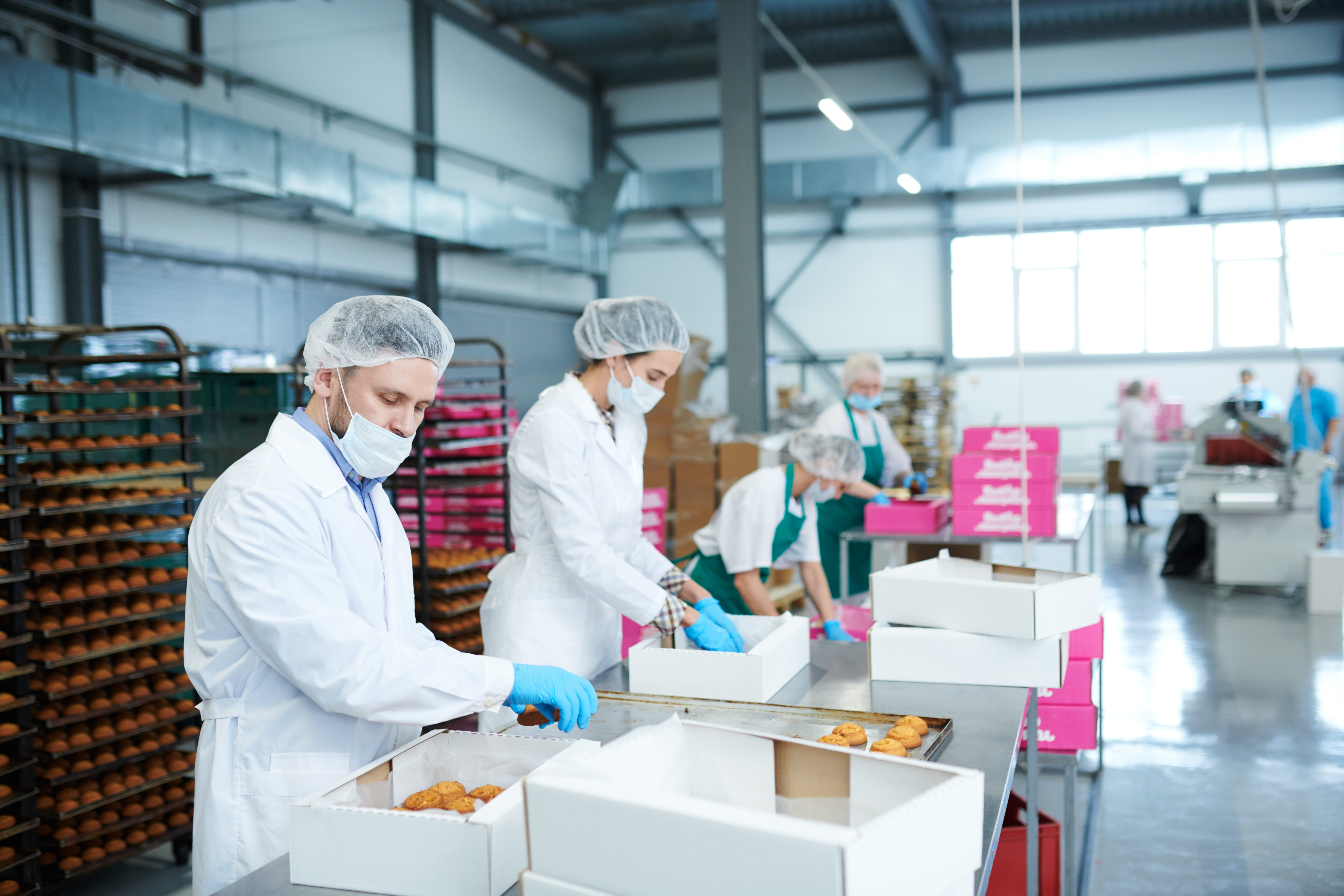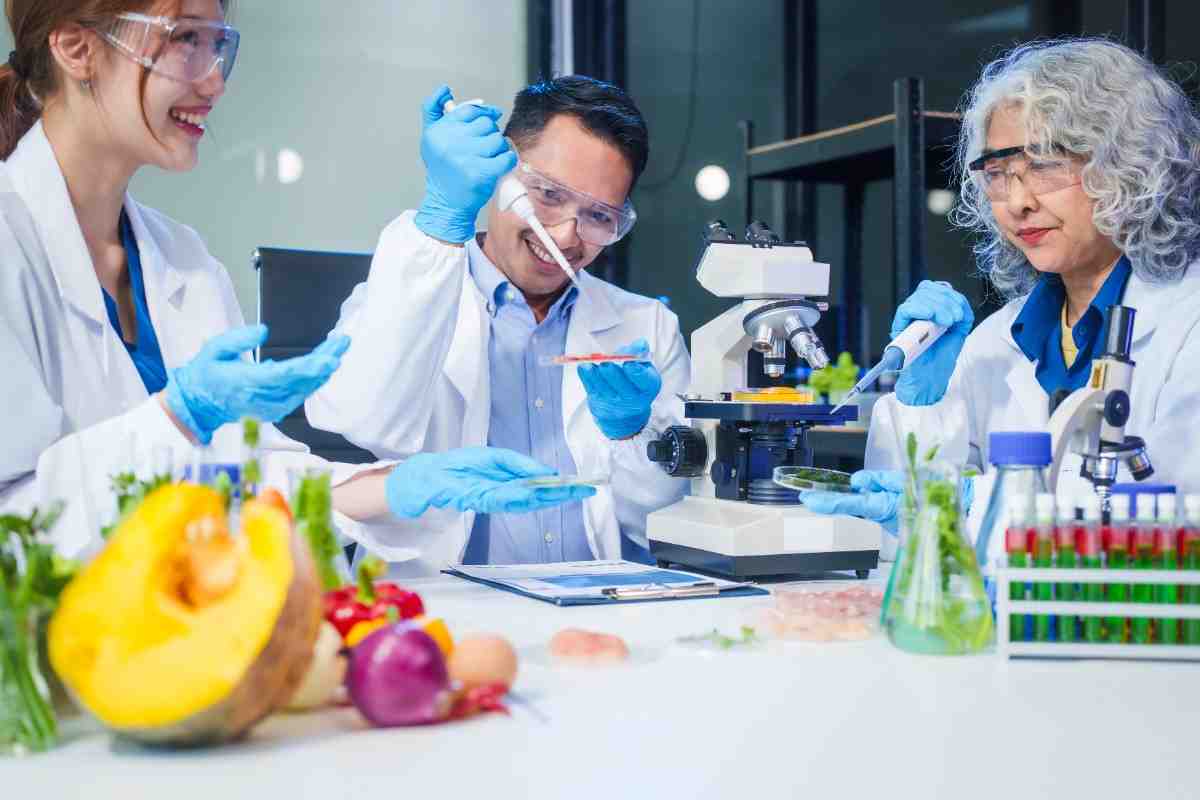Last Updated on September 15, 2025 by Admin
Artificial intelligence (AI) is causing vital shifts in various business sectors, and the food business is no exception. AI in the food industry makes it more efficient, creative, and environmentally friendly. It is a game-changer because it improves customer service and makes food safer. This article looks into the applications of AI in the food industry, their benefits, and the importance of getting the proper training to get the most out of these advances.
Introduction to AI in the Food Industry
Artificial intelligence is the field that makes computers do things that usually require human intelligence. These jobs include recognising images and sounds, making decisions, and translating languages. AI is being used in the food business to make things run more smoothly, ensure quality, and reduce waste. The application of AI in the food industry is in various fields, such as farming, processing food, quality control, and customer service.
Applications of AI in the Food Industry
The applications of AI in the food industry are diverse and impactful. Here are a few vital areas where AI is making a difference:
-
Agriculture and Farming
AI is being used to improve farming. Precision farming uses data analytics, sensors, and drones to monitor crop health, land state, and weather. AI powers it and helps farmers make smart choices, maximise resources, and produce more crops.
-
Food Processing and Production
Sorting, grading, and packaging are all jobs done by robots and machines that AI controls. These tools can work quickly and accurately, ensuring the production line is consistent and high-quality. AI also helps with predictive equipment repair, which cuts down on downtime and prevents breakdowns before they happen.
-
Quality Control
AI tools monitor food quality. Machine learning algorithms can find problems and oddities in food, ensuring that only high-quality goods reach customers. Image recognition is used by inspection systems driven by AI to find contaminants and ensure food safety.
-
Supply Chain Management
AI improves supply chain management by giving real-time information about logistics, demand forecasting, and inventory amounts. It helps reduce food waste, improve supply chain processes, and ensure products are delivered on time. AI programs can determine how demand will change over time, which helps with inventory management and keeps overproduction to a minimum.
-
Customer Experience
The way food businesses connect to people is also changing because of AI. Chatbots and virtual assistants that AI drives make personalised suggestions, answer customer questions, and speed up the ordering process. AI-powered data helps companies figure out what their customers want so they can make their products better.
-
Personalised Nutrition
AI offers personalised nutrition advice by analysing individual dietary needs, preferences, and health data. It can recommend tailored meal plans and dietary supplements, helping people achieve specific health goals.
-
Customer Service and Marketing
AI enhances customer service and marketing in the food industry by analysing consumer data to deliver personalised experiences. Chatbots provide instant support, while AI-driven marketing campaigns target specific audiences with customised offers and promotions.
-
Sustainability Initiatives
AI promotes sustainability in the food industry by optimising resource usage and reducing waste. It helps in precision agriculture, water management, and energy efficiency. AI-driven analytics can also identify ways to minimise environmental impact, support eco-friendly practices, and contribute to more sustainable food production and distribution.
-
Food Traceability
AI enhances food traceability by monitoring the entire supply chain from farm to table. Blockchain technology, combined with AI, ensures transparency and traceability, allowing consumers to track the origin and journey of their food.
Benefits of AI in the Food Industry
The benefits of AI in the food industry are manifold. Some of the crucial advantages are:
-
Enhanced efficiency
Artificial intelligence (AI) automates boring, time-consuming jobs, making them much more efficient. It frees human workers to do more complicated and valuable tasks, boosting productivity.
-
Greater safety for food
AI systems make food safer by strictly controlling quality and finding contaminants early on. They lower the chance of foodborne illnesses and recalls, which keeps customers safe and protects the brand’s image.
-
Savings on costs
Automation and predictive maintenance reduce running costs by keeping equipment from breaking down and reducing downtime. AI-driven supply chain optimisation also reduces waste and the cost of maintaining stockpiles.
-
Smarter Decision-Making
AI gives businesses helpful information through data analytics, which helps them make smart choices. AI-driven data helps improve food production and distribution in many ways, from crop management to market trends.
-
Customised Service for Each Customer
AI makes customers happier by giving them more personalised experiences. By analysing customer data, AI can make personalised suggestions and improve service, making customers more loyal and helping businesses keep them.
Importance of Right Training
Although AI has many benefits, getting the proper training before using it in the food business is essential. Employees need to know how to use AI tools correctly and understand the data they produce. Training ensures that workers have the skills they need to get the most out of AI. It improves operating efficiency and encourages a culture of continually finding new ways to improve things.
Also Read: Understanding the Dynamics of Food Technology
Conclusion
The application of AI in the food industry is changing the way food is grown, processed, and delivered in tremendous ways. The use of AI in the food industry is plenty- it saves money, makes things run more smoothly, and ensures food is safe. But to get all these benefits, you must ensure your workers get the proper training. This way, the food industry can keep coming up with new ideas to meet the needs of customers who are buying more and more. It will also make the food supply chain in India safer and more efficient.













